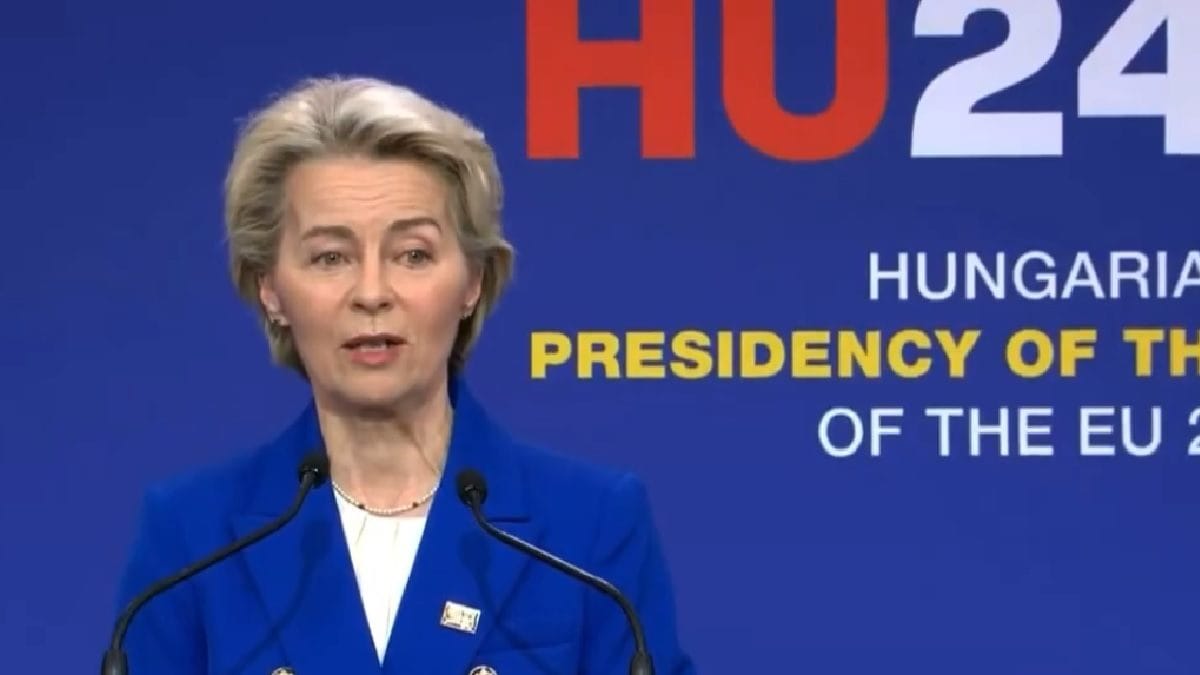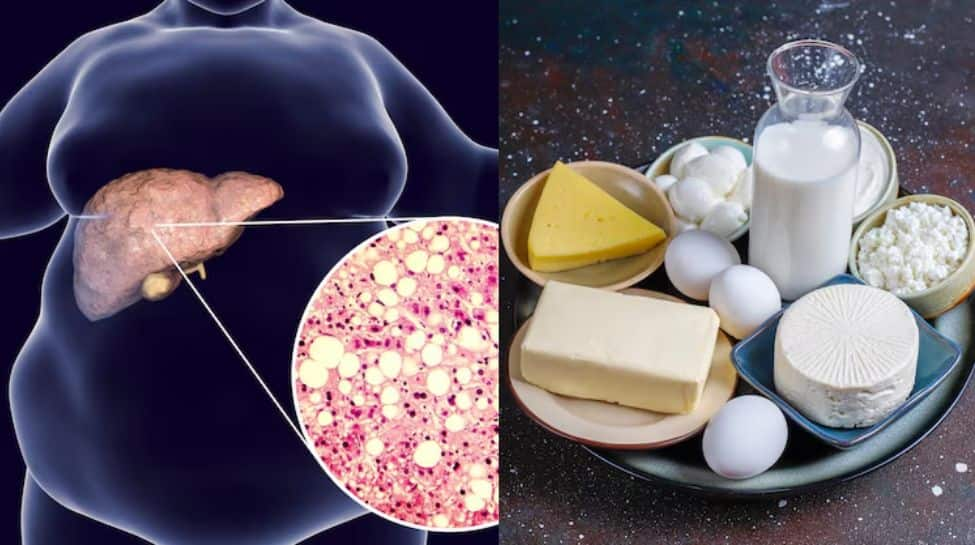Amidst the rumour of their separation, there’s another rumour doing rounds on the internet that Natasa will get 70 per cent of Hardik’s properties if the couple divorces. The reason: It is speculated that the couple had signed a pre-nuptial agreement before getting married in July 2020. However, there isn’t any substantial proof of this speculation.
But what is a pre-nuptial agreement and is it legally valid in India? What are the pros and cons of it? Read on to know more.
All about pre-nuptial agreements
In India, a pre-nuptial agreement, just like any regular contract, comes under the Indian Contract Act, 1872. However, they are not recognised traditionally as personal laws for different religions govern over civil contracts when it comes to matters of marriage in the country. However, people who want to protect against losing their assets in case of a divorce in future can opt for pre-nuptial agreements before getting married.
Explaining this, Dr. Rennie Joyy, Lawyer and Founder of Aalekh Foundation, told us, “In India, marriages are governed by various personal laws based on religion, and they are not considered contracts in the conventional sense. The concept of a “contract marriage” as understood in some Western countries doesn’t have a legal framework in India. However, the Special Marriage Act, 1954 allows for civil marriages irrespective of religion, where marriage can be seen as a contractual agreement to some extent, but it’s still bound by the provisions of the Act rather than a standalone contract.”
Elaborating further, she added, “Prenuptial agreements (prenups) are not explicitly recognized or enforceable under Indian law. Indian marriage laws, such as the Hindu Marriage Act, 1955, and the Special Marriage Act, 1954, do not have provisions that address prenuptial agreements directly. Courts in India have not traditionally upheld these agreements, viewing marriage primarily as a sacrament rather than a contract.”
To help one better understand pre-nuptial agreements and if they should sign one before getting married, Dr. Rennie Joyy also shared some pros and cons about it. The pros are:
1. Asset protection: It clearly defines asset ownership and division in divorce, safeguarding individual property and family inheritance.
2. Debt liability: Ensures pre-marriage debts remain the responsibility of the debtor spouse.
3. Conflict reduction: Minimizes disputes and litigation over property and finances during divorce.
4. Financial clarity: Provides financial transparency and planning for both parties.
Meanwhile, the cons of pre-nuptial agreements in India are:
1. Enforcement issues: Lack of explicit legal recognition results in uncertain enforceability, subject to judicial interpretation.
2. Trust issues: It may be seen as distrustful, causing emotional strain in a marriage.
3. Changing circumstances: May not account for future changes, e.g., children or financial status.
4. Public policy: Courts may invalidate clauses contrary to public policy, such as predetermined child custody or maintenance waivers.
In other news, both Hardik and Natasa haven’t been spotted together for quite some time now. While Natasa was seen hanging out with a friend in Mumbai over the weekend, Hardik is said to be on a vacation abroad. It is noted that the couple got married during the COVID-19 lockdown in May 2020 and two months later, they welcomed their son Agastya in July 2020. In February 2023, they renewed their vows to each other in a grand wedding celebration in Udaipur, Rajasthan.
While rumours are rife about their divorce, both Hardik and Natasa haven’t given any statement about it. They have neither accepted nor denied the rumours.
Amidst separation rumours with Natasa Stankovic, Hardik Pandya’s solo vacation leaves fans worried: ‘Stay strong brother’















































